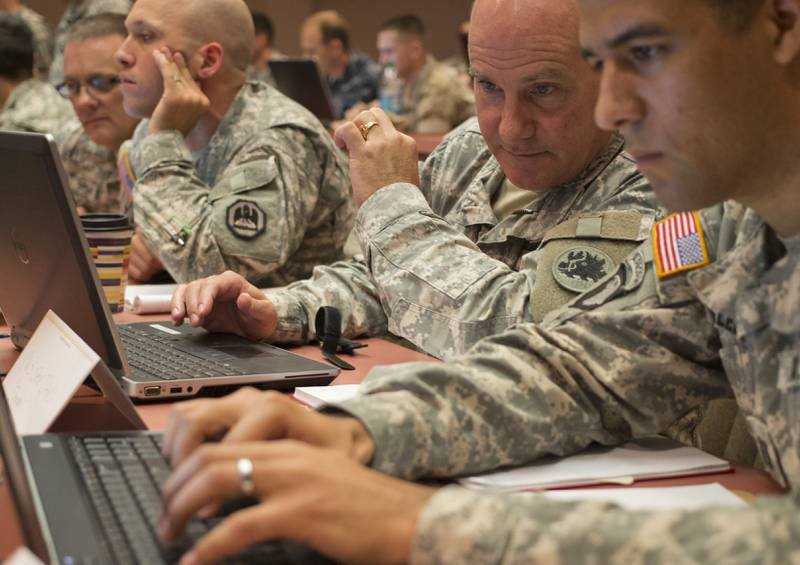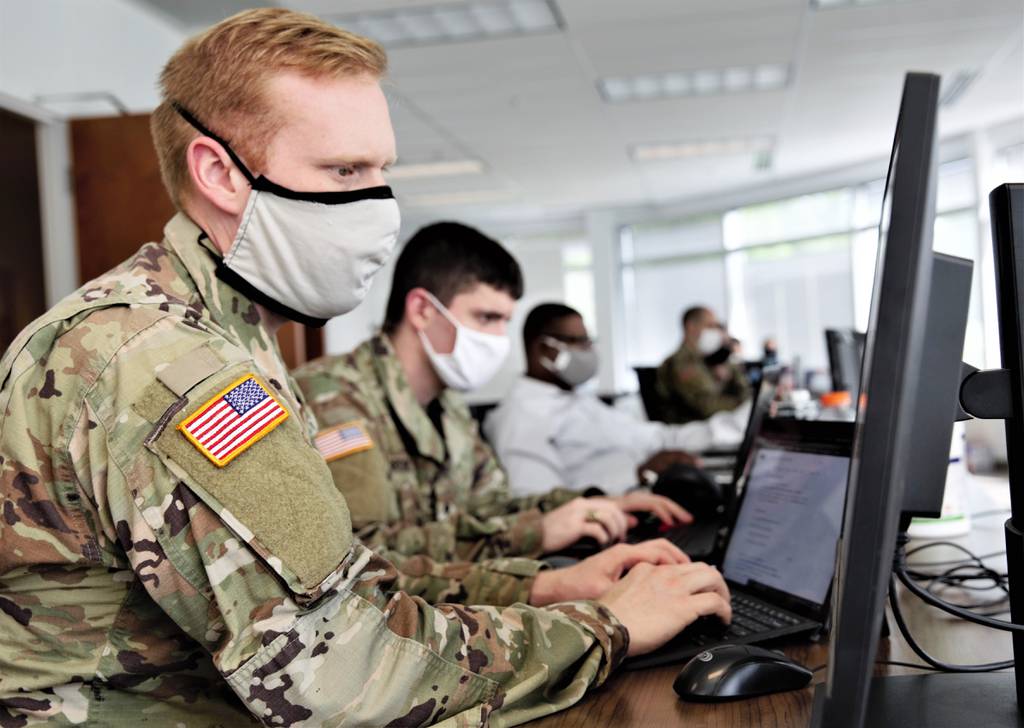AUGUSTA, Ga. — The new leader of the U.S. Army school that trains soldiers to become cyber warriors wants to change a problem he’s seen working in the field: Graduates aren’t ready on day one to conduct their missions.
Brig. Gen. Paul Stanton, who has extensive experience at U.S. Cyber Command and Army Cyber Command, said when soldiers graduate from the Cyber Center of Excellence, they must complete a variety of follow-on courses to get certified to execute operations.
“Looking at readiness and our soldiers and our formations, our units: Are they ready to execute the missions — whether they be offense or defense — that we’re asking of them the day that they arrive to the unit?†he said Aug. 19 at a TechNet Augusta media roundtable. “When you graduate from the schoolhouse, in my personal opinion, you should be ready to execute your job.â€
The post-graduation requirements differ from other fields in the Army, he said, highlighting infantry as an example, noting that when soldiers show up to the formation in an infantry unit, they are ready to conduct unit training and execute their mission. That’s not the case for cyber soldiers.
“When we look at our readiness numbers, we’re not effectively communicating that to the rest of the Army,†he said.
“We in the schoolhouse need to figure out: How do we ensure that we adjust our models such that all of the training and education necessary to be certified to do your job is conducted in the schoolhouse? There’s a lot to that, but that’s a huge operational lesson learned that I’m bringing with me in the approach to the Cyber Center of Excellence.â€
RELATED

Cyber Command has been working to improve cyber teams’ readiness over the last several years, which is difficult in a dynamic domain like cyberspace.
The command in the last 1 ½ years defined readiness metrics for its defensive teams, which top officials called a “big win,†moving next to its offensive teams.
Mark Pomerleau is a reporter for C4ISRNET, covering information warfare and cyberspace.








